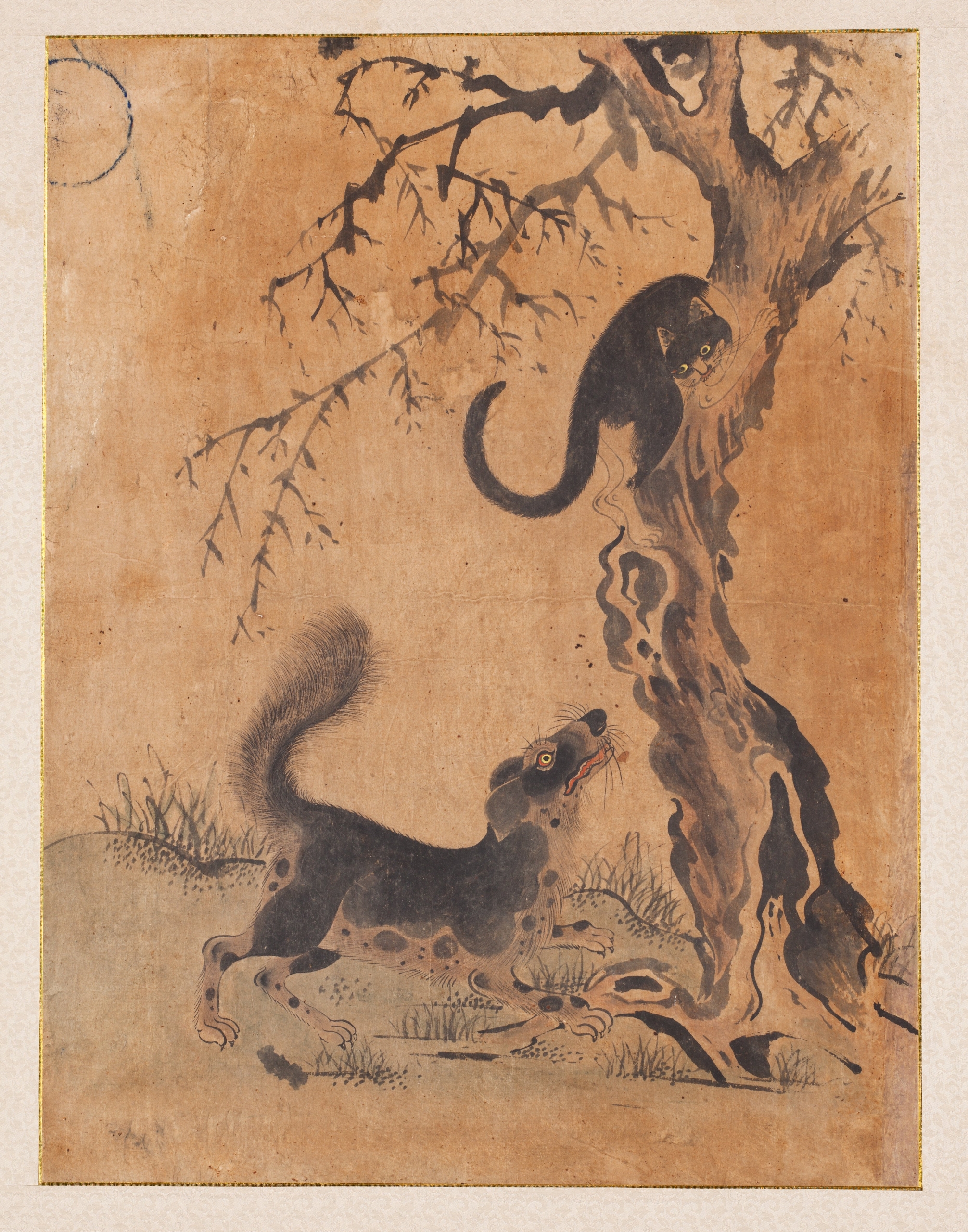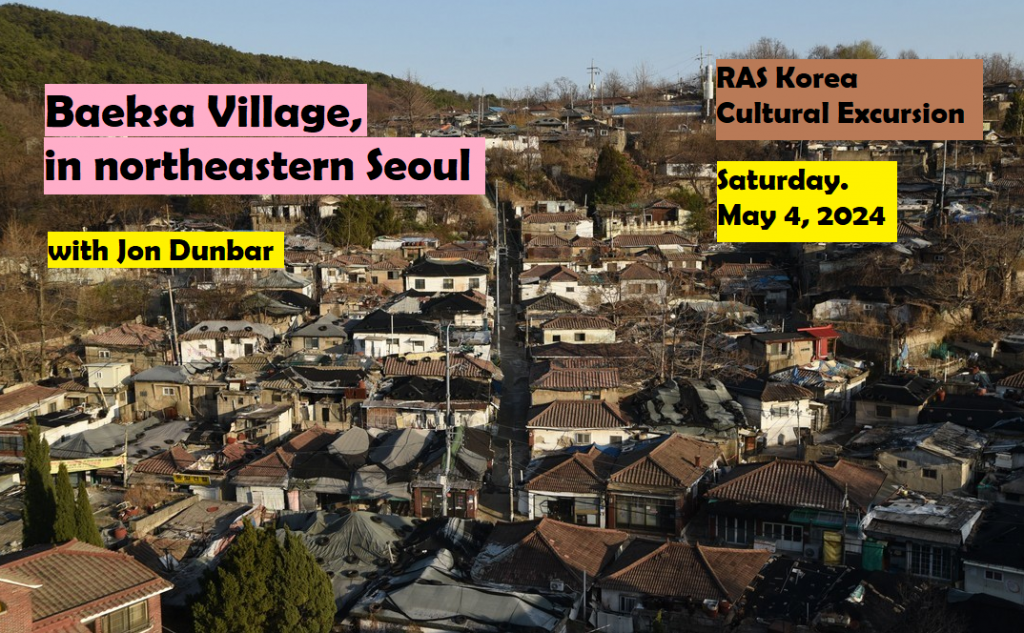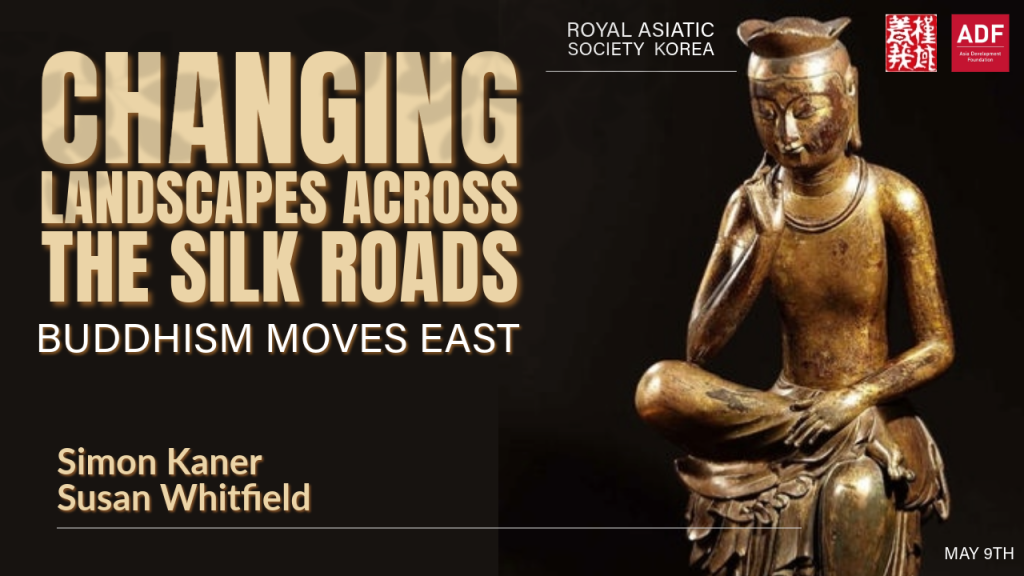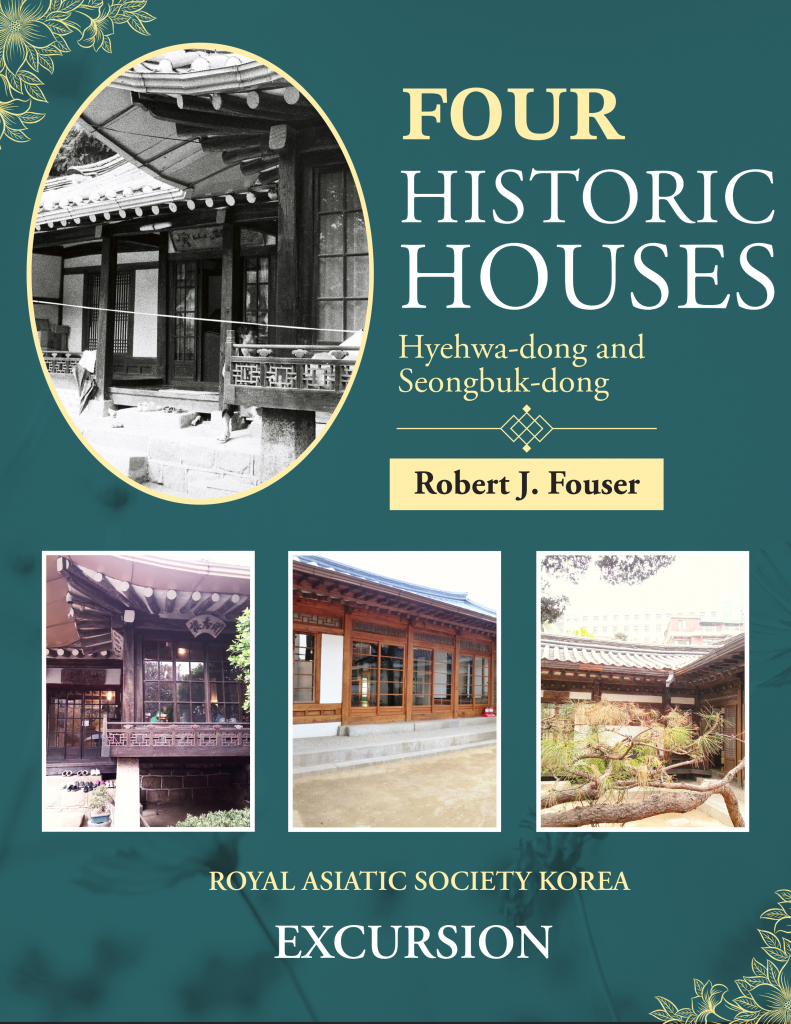

[Colloquium] The Sentimental Aesthete: Yanagi Muneyoshi’s Discoveries of Korea
May 9 @ 6:00 pm - 8:00 pm KST
We inform you that the Seoul Colloquium scheduled for Monday April 22 has been postponed to Thursday May 9, beginning at 6:00 pm (Korean Time), via Zoom, due to the last minute change of the presenter’s official schedule. We are very sorry for the inconvenience. Please register with the changed schedule.
Seoul Colloquium in Korean Studies
(Organized by the Seoul Center of the ÉFEO and RAS Korea)
The Sentimental Aesthete: Yanagi Muneyoshi’s Discoveries of Korea
SPEAKER: François Lachaud
The April 2024 session of the “Seoul Colloquium in Korean Studies” will be held as an in-person event on Thursday May 9 via Zoom, beginning at 6:00 pm
[Image: Légende de l’illustration : ‘Dog Treeing a Cat’ (Minneapolis Institute of Art, Public Domain)]
All who wish to participate must register in advance by sending an email to efeoseoul@hotmail.com to receive the Zoom link.
DATE: Thursday. May 9, 2024. 6:00PM
VENUE: Zoom only
SUMMARY:
Yanagi Muneyoshi (1889-1961), a philosopher of religion is widely known today as the figurehead of the Mingei (Folk Crafts) movement based on new aesthetic ideal associating beauty and usefulness: objects created by the people (anonymous craftsmen) and for the people. A small Joeson jar presented to him by Asakawa Noritaka (1884-1964) in September 1914 his meeting with Takumi (1891-1931)— Noritaka’s brother—in 1915, inspired him to explore Korea. Yanagi visited Korea for the first time in 1916 (until 1940 he would visit the country 21 times). His ‘discoveries’ of Korean arts and crafts would become pivotal moments in the shaping of Mingei aesthetics and collecting practices. Yanagi and the Asakawa brothers advocated the creation of the Museum of Korean Folk Arts that opened in Seoul in 1924—one year before Yanagi coined the word mingei (1925) and ten years before the official opening of the Mingeikan /The Japan Folk Crafts Museum (1936). While Yanagi’s interest in ‘Things Korean’ has been officially recognised, it also generated many debates among scholars in Korea and in Japan.
This presentation focuses on a selection of Yanagi’s essays–including the much-debated 1922 essay ‘The Arts of Korea’ (Chōsen no bijustsu)—that shed light on Yanagi’s visions of Korean culture and on his definition of Mingei as a path toward ‘spiritual enlightenment’ through the beauty of everyday things’, away from historical contingencies and academic knowledge.
BIO:
François Lachaud is a professor of Japanese Studies at the École Française d’Extrême-Orient. His research interests centre on the religious and cultural history of Japan and on diplomatic cultural exchanges in East Asia the pre-modern and modern periods (17th-20th centuries). He has published on range of topics including Zen Buddhism, vernacular religion, representations of animals, and informal diplomacy in East Asia and taken part in the organisation of many exhibitions. Selected publications: Le Vieil homme qui vendait du thé (Cerf, 2010), Empires éloignés: L’Europe et le Japon (XVIe-XIXe siècles) (EFEO, 2010), Empires en marche: Rencontres entre la Chine et l’Occident à l’âge moderne XVIIe-XVIIIe siècles (EFEO, 2017) ed with Dejanirah Couto, Mastering Languages, Taming the World: The Production and Circulation of European Dictionaries and Lexicons of Asian Languages (16th-19th Centuries), (EFEO, 2023), ed with Michela Bussotti.
We hope that as many as possible of you can join us for this event.
Élisabeth Chabanol, Head of the Seoul Center, French School of Asian Studies/École française d’Extrême-Orient (EFEO)
Brother Anthony, President Emeritus, Royal Asiatic Society Korea



